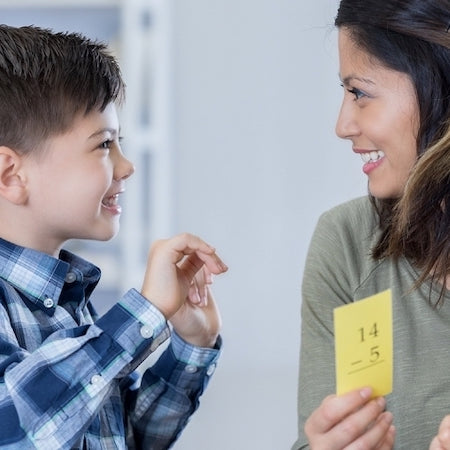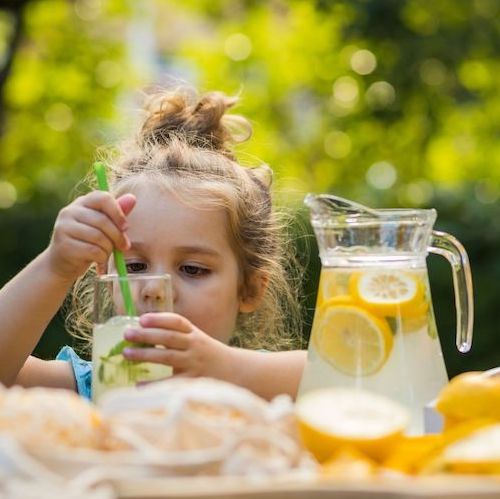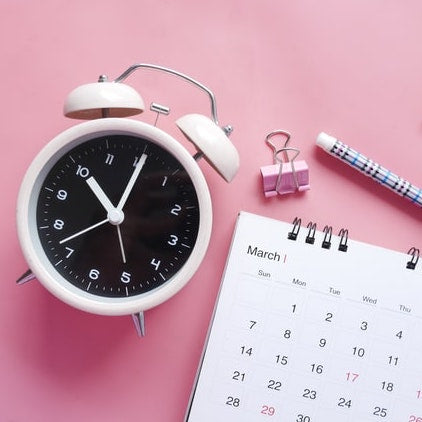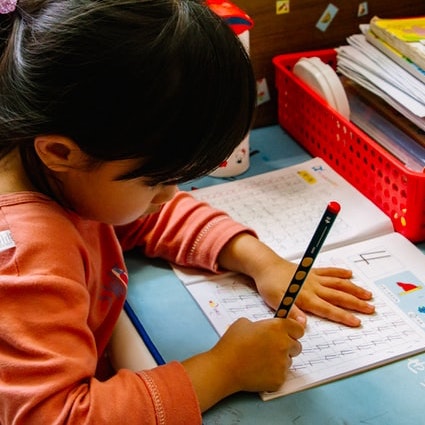Research -- StepUp to Learn
Forgetting is Natural, But These Two Techniques Can Slow it Down
Researchers find that using two well-known techniques together offer drastic changes in learning effectiveness.
Lemon Not Melon: How Our Brains “Time-Stamp” Sounds to Process the Words We Hear
While the brain’s role in processing individual sounds has been well-researched, there is much we don’t know about how we manage the fast auditory sequences that constitute speech.
Making Memories While We Sleep: One Brain Region Teaches Another
As the body moves between REM and slow-wave sleep cycles, the hippocampus and neocortex interact in ways that are key to memory formation.
What You Know Changes How You See Things
Which brain regions process objects? It depends on what we know about its purpose.
How Consistent Practice Improves Learning
Researchers discover how the brain changes with consistent practice, and what could be the first step toward new strategies to improve and speed up learning.
How Does the Brain Process and Store Movement?
What researchers discovered about how the brain processes movement changes not only to our understanding of how the brain works, but provides a better understanding of conditions ranging from Parkinson’s disease to autism.
How Sleep Builds Relational Memory
Our ability to remember connections between unrelated items may have more to do with sleep than previously thought.
How Naps Boost Early Literacy Skills in Preschoolers
New study offers clues to the relationship between sleep, memory development, and literacy skills; specifically, learning letter-sound mappings and using that knowledge to read unfamiliar words -- an important indicator of early literacy skills.
Memory Formation Influenced By How Brain Networks Develop During Youth
Study suggests how ‘your brain is learning to multitask as you get older.
The Best Way to Avoid Procrastination
If you want someone to help you out with something, this is the best way to keep them from procrastinating.
How Do We Learn to Learn? New Research Offers an Education
Cognitive training designed to focus on what’s important while ignoring distractions can enhance the brain’s information processing, enabling the ability to “learn to learn."
Evidence That This 100-Year-Old Practice Enhances Learning
This makes learning easier, faster, and more motivating.












